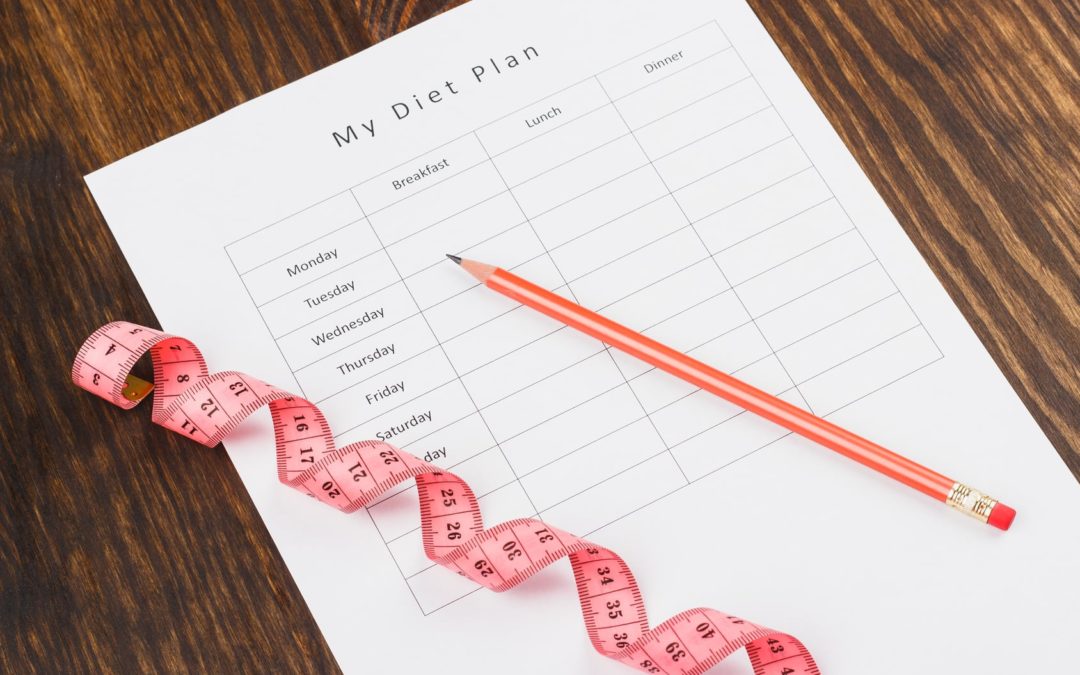Have you ever gone on a crash diet and successfully lost weight, only to gain that weight back (and more) within months? Or do you know someone who practices yo-yo dieting, frequently fluctuating in weight? Dieting alone, for most, is an unsuccessful method for losing weight and keeping it off. Here are some reasons why.
Note: The term “dieting” here refers to temporarily restricting eating in order to lose weight—not to everyday or doctor-prescribed eating programs.
Restrictive eating slows your metabolism.
Crash dieting also tends to slow down your metabolism. The reason? Whenever you lose a significant amount of weight by dieting, your body interprets this as starvation. To keep your body within its perceived normal weight range, it responds by making you feel more hungry and by making you burn energy more slowly. This means you’ll burn fewer calories per day, making it harder to gain weight and usually resulting in regaining lost weight.
A study of past contestants on The Biggest Loser highlights this tendency very effectively. Six years after contestants had burned an average of 129 pounds on the show, they were burning about 500 calories less per day than other people their same age and size. Moreover, these contestants had regained an average of about 70 percent of their lost weight since their time on the show.
Dieting can cause binging and overeating.
Restrictive eating often leads to a diet-binge or diet-overeat cycle. In such a cycle, you may last for several hours—or even several days—depriving yourself of certain foods and certain amounts of food, but ultimately you end up binging on food or overeating later.
Diets don’t teach you about healthy eating.
Many fad diets that are out there don’t teach you anything about healthy eating. Instead, you end up depriving your body of essential nutrients that it needs to function well. Thus, when you complete your restrictive eating program, you end up going right back to the unhealthy eating patterns you exhibited before. Because these eating patterns are what caused you to gain weight in the first place, you end up regaining most or all of that weight you just lost.
Dieting is not sustainable.
Remember, a diet is a temporary restriction on certain foods and certain amounts of food in order to lose weight. Being such, a diet is not a sustainable form of eating. You cannot expect a diet to become a part of the everyday eating habits you practice throughout your lifetime.








